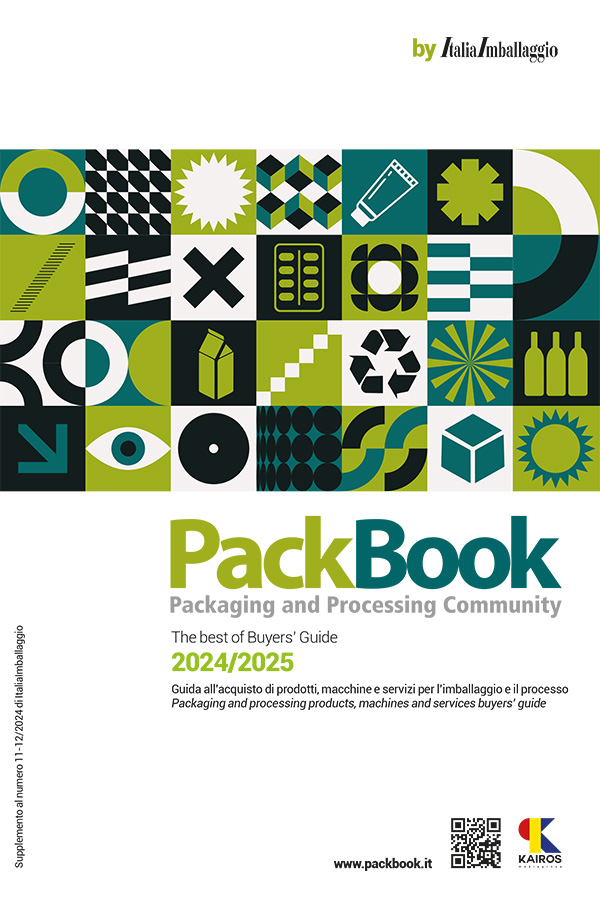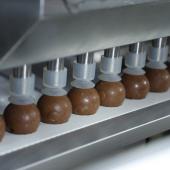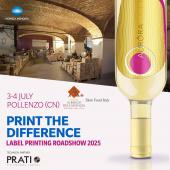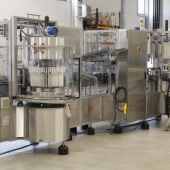R&D Modena Campus: how Tetra Pak drives innovation
The biggest structure in the Food Valley dedicated to new food processing and packaging technologies
Outdoor facilities to enable employees to work in the open with their laptops. Rooms dedicated to co-design that, yes, resemble a nursery school environment, conceived to stimulate creativity. Futuristic buildings in which nature (Japanese bamboo, to be precise) helps to reduce light intensity and create a relaxing atmosphere.
We’re in Tetra Pak’s R&D Modena Campus, a cutting-edge centre dedicated to the development of food processing and packaging technologies. With a surface area of 77,000 sq.m. and a clear mission, the campus – which is situated in the heart of the Food Valley – stands alongside another five Tetra Pak international-level innovation centres designed for developing advanced solutions and for working together with customers to face the challenges of the food sector of today and in the future.
«More than 1,100 employees work in this site - the new Managing Director of Tetra Pak Packaging Solutions Roberto Mastri explained to us - of which 31% are female and 33 nationalities are represented. The average age of the employees is 44. These are numbers we are proud of».

Tetra Pak has chosen to put new technologies at the centre of its projects, with the aim of reducing waste, a key area in a context in which over a third of food produced at global level is thrown away and in which many people don’t have stable access to sufficient resources, and also of improving the efficiency and safety of food systems. The group founded in Sweden confirms, in this way, its standing as a leading protagonist on the path to sustainability in the Food & Beverage supply chain.
Key word: sustainability
Opened in 1982, this centre of excellence today is a modern structure, both in terms of design and of technologies, with 10,900 sq.m. of photovoltaic panels, leading to a saving of 300 tonnes of CO2. It’s highly specialised in the development of advanced lines for food packaging and inside houses one of Tetra Pack’s Customer Innovation Centres, where customer companies can experiment and test together with experts the feasibility of their designs on a small scale, assessing the adoption of new processes and technologies and developing a made-to-measure course of innovation for their business. Besides the Customer Innovation Centre, the Campus is organised into a series of buildings among which there is also a Pilot Centre, focused on the development of future-proof equipment and machinery which use the latest technologies to make processes more efficient, reducing the consumption of resources, such as water and energy. More generally, the R&D Modena Campus is a concrete example of the company’s integrated approach, a combination of research and development and consolidated experience in the field of food processing and packaging, but also in services, in order to support every phase of the production and marketing processes.
The challenge: aseptic packaging with a paper-based barrier
Innovation has been at the centre of the company’s activities right from the start, and over time has led to the development of increasingly advanced solutions for the F&B sector, from food processing and packaging to the creation of new recipes and formulations, as far as the transformation of process by-products into new products with added value.
One example that stands out is that of aseptic technology, which makes it possible to protect perishable foods and extend their shelf life, contributing to preventing food waste and facilitating access to these types of foods throughout the world. The future launch on the market of an aseptic packaging with a paper-based barrier to reduce the carbon footprint of drink cartons by a third, has, moreover, recently been announced and is already currently available in Portugal.
The R&D Modena Campus testifies to this story of innovation and progress, representing at the same time a strategic centre for future developments of the sector. Through the continuous research of new solutions and the creation of synergies with partners and customers, Tetra Pak is committed to continuing this path, contributing to making the food systems of tomorrow safer and more sustainable.

The fastest cardboard packaging machine in the world: Tetra Pak E3/Speed Hyper makes 40,000 “packets” every hour. And it safeguards the environment
Tetra Pak has recently launched a new and revolutionary filling machine, the Tetra Pak® E3/Speed Hyper. This machine represents a breakthrough for aseptic cardboard packaging and has been developed to meet the efficiency and sustainability needs of beverage producers. Designed to package up to 40,000 ‘packets’ per hour, the E3/Speed Hyper establishes a new speed standard for the sector and is particularly appreciated for its high productivity in high-volume lines.
E3/Speed Hyper allows for a reduction of 10% of the customer’s operating costs, thanks to the high output per square metre, the low consumption of services and minimal maintenance. In detail, exploiting Tetra Pak’s exclusive eBeam technology - a sterilisation solution based on electron beams that eliminates the need for peroxide for the sterilisation of the packaging material - E3/Speed Hyper makes it possible to significantly reduce the consumption of utilities and chemical products: we’re talking about a reduction of up to 30% of energy, up to 45% of water and practically the total of all chemical products (99%). It should be added that the reduced dependence on chemicals not only minimises water consumption, but also has the potential to simplify the water recycling processes; in avoiding their use, in fact, there is no waste water to be treated.
Equipped with a robust structure and an advanced interface for controlling operations, the E3/Speed Hyper adapts to requirements for high speed while maintaining operating flexibility. It’s designed to be integrated into complex production lines, facilitating adaptation to variable cardboard formats and product types without compromising their quality.





















